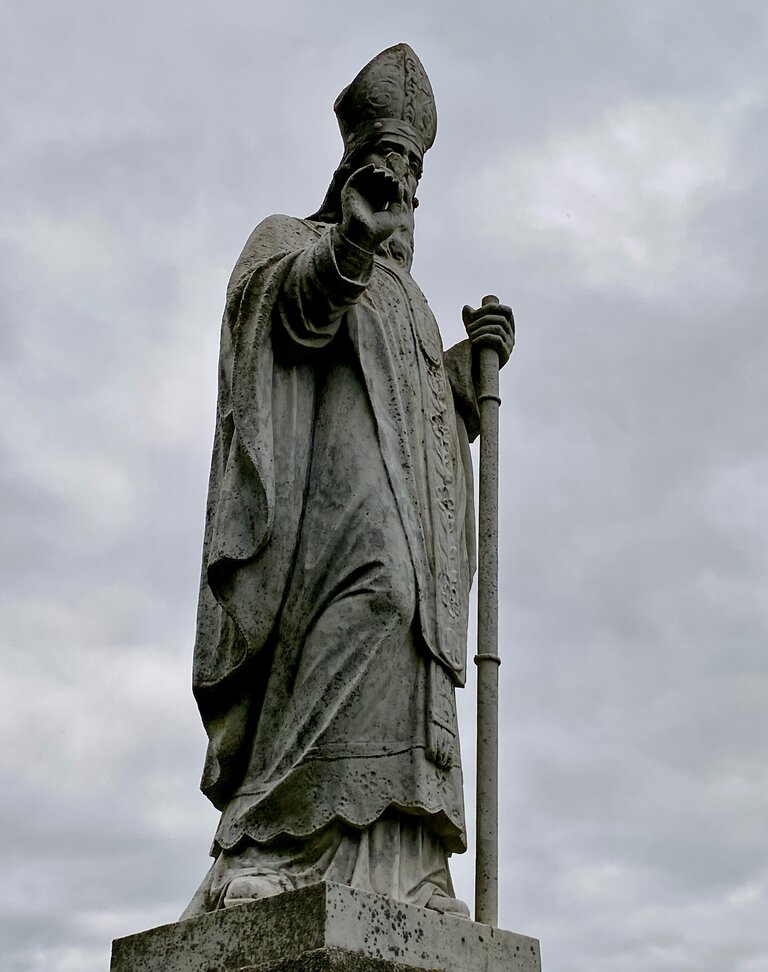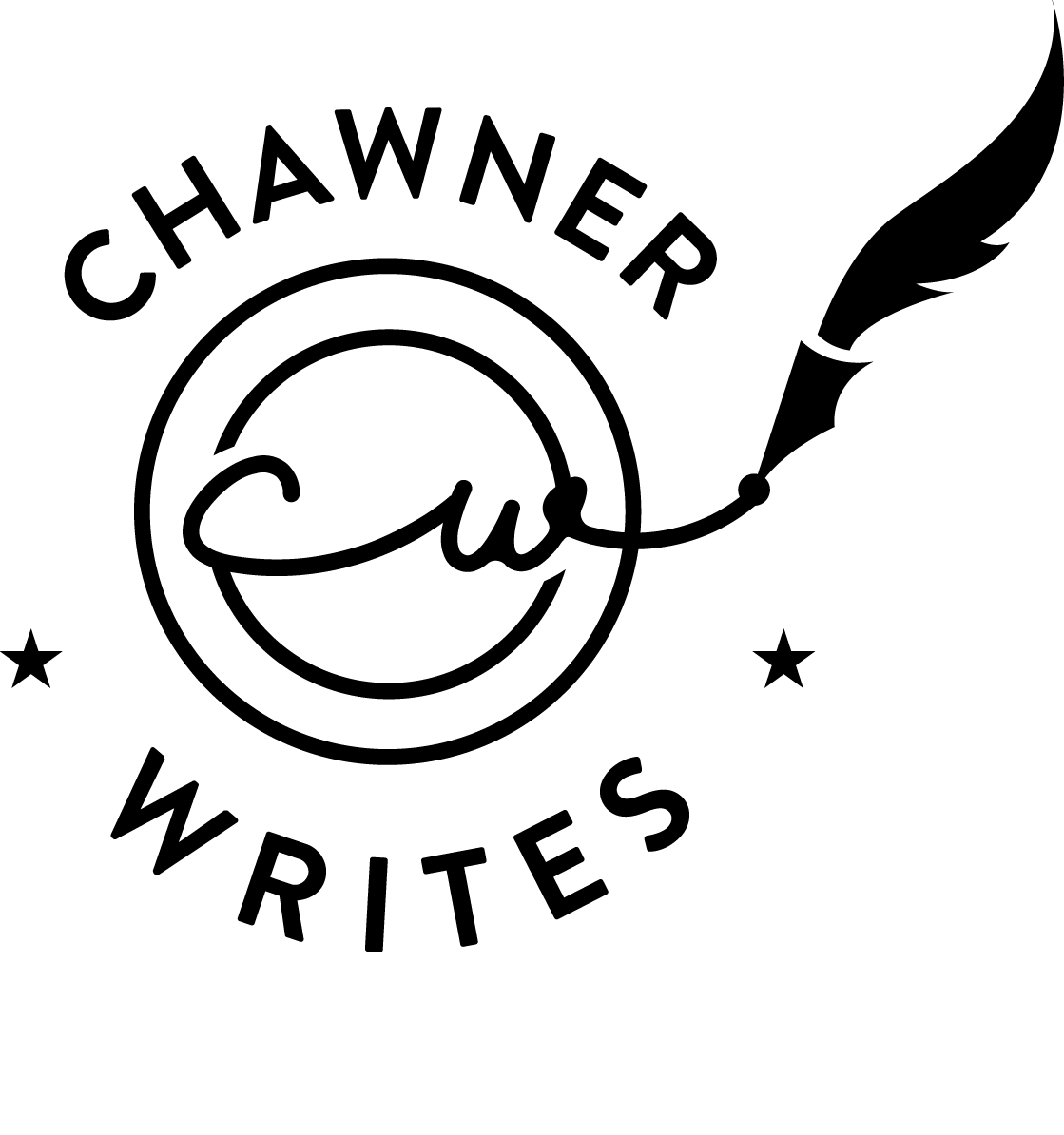
Part 1
I read a surprisingly disappointing book and reflected on how strong the recommendation was for the book. This disconnect made me ask; where do I get my reading list? A few sources… classic, ye-old “must read” lists. Recommendations from writing books. Podcasts and friends. And a broad, other category that includes movies and shows.
I’ve read books on most must-read classics lists (reading Anna Karenina, based on seeing Tolstoy listed for years). Depending on the list (especially US centric lists) I’ve read maybe thirty percent. These lists are useful because they are evergreen, unlike so many other lists (“New York Times Editors Recommend This Month! Today! Right Now!”) that reflect current trends or hot authors… or release cycles. Instead, these lists contain books that stood the test of time. I wouldn’t read the entire list; sometimes books appear for the wrong reason. I remember selecting from a list of classics in junior year of high school. I selected The Jungle by Upton Sinclair because I recognized the title. Only after I finished (and didn’t enjoy) did my English teacher note it wasn’t a great work of literature… it was “important” because it exposed working conditions in stockyards, which led to a ponderous treaty at the end of the book about workers’ rights and socialism. Other classics seem unappealing… Jane Austen, etc. I remember hating Dickens in high school, although I’ve read so many glowing descriptions of his work I may have to revisit (can I trust my fourteen-year-old self’s take on an author?)
An added benefit to the classics is free content for analyzing the story. I’ve listened to a few podcasts that discuss Anna Karenina. Earlier this year, on my Hemingway short story jag, I’d read a story and search the title for analysis to make sure I was getting the full picture. It added to the experience.
Another avenue is writing about writing. On the non-fiction side, many of the books I’ve read on writing were recommendations from authors like War of Art, On Writing, etc. Most interesting are the literature recommendations. But the most useful, in recent memory, came from George Saunders as part of A Swim in the Pond in the Rain and accompanying Substack. We read short stories he provides… none of which I would have read on my own. And he de-mystified the Russian masters and made them approachable and… fun? I picked up a lot of recommendations from interviews with authors as well; I have the Paris Review author interview series. Authors, especially those from post-war through the eighties, discuss their contemporaries and the people they read and admire. Ended up with books from John Cheever and others this way.
